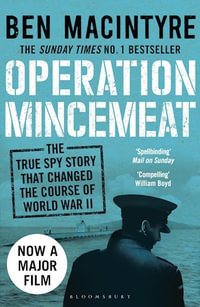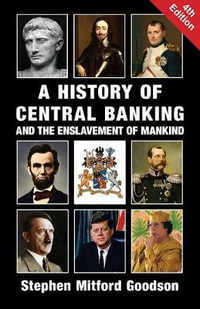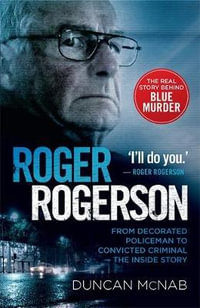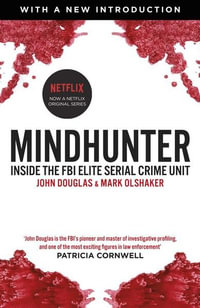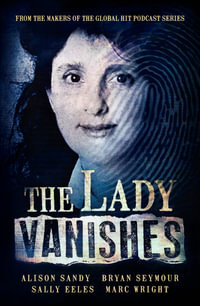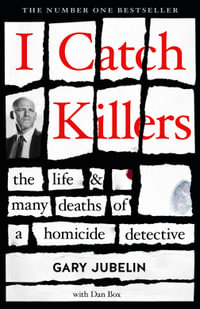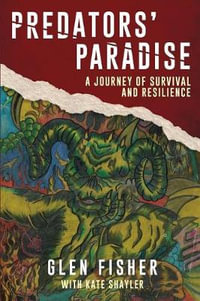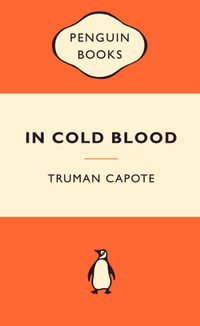In The Last Crusade, Gerald McKnight examines the Poor People's Campaign, the last large-scale demonstration of civil rights-era America, and the systematic efforts of FBI director J. Edgar Hoover and his executive officers to subvert King's ambitious effort to force the federal government to live up to its promises of a Great Society. The book also looks at King's last days as he helped Memphis sanitation workers in their labor-cum-civil rights struggle with a recalcitrant and racist city government. Although there is no persuasive evidence that the FBI and the Memphis police conspired to assassinate King, McKnight marshals evidence to show that neither agency was blameless.The conventional view of the Poor People's Campaign is that it was a self-inflicted failure. The blame rested squarely on the shoulders of the second-raters of the Southern Christian Leadership Conference who failed to fill the leadership vacuum after King's assassination. But, as McKnight shows, there was a hidden, dark counterpoint to the accepted version-namely, the triumph of the 1960s American surveillance state and its repressive power and flagrant violation of protected freedoms. In fact, whatever the FBI wanted to do to disrupt the Campaign, it did, aided and abetted by local police agencies and elements of the federal government, including military intelligence.
Industry Reviews
A valuable spotlight on the "dark counterpoint" to the history of the civil rights struggles - the government's racist spy and smear campaigns. In the 30 years since the Poor People's Campaign (initiated by Martin Luther King Jr. before his assassination) arrived in Washington, such an ambitious economic rights movement has come to be unthinkable. McKnight (History/Hood Coll.), in this economical account, tells the story of the campaign's brief rise and fall, with special attention to the FBI's extensive surveillance of it (as well as of all civil rights activities). But this isn't just a specialized study of the FBI operations; it functions handily as an account of the movement and of the contemporaneous Washington politics of poverty, precisely because both were so saturated by FBI activity. (For the benefit of law-and-order senator John McClellan, the FBI even spied on the Kerner Commission appointed by President Johnson to study the origins of urban riots.) McKnight clearly traces the evolution of J. Edgar Hoover's FBI spying and smear campaign against black leaders from its variation on the red-baiting theme to the creation of a "black menace" in its own right. The book is weakest in attempting to establish the actual contribution of FBI sabotage to the Poor People's Campaign's failure. As McKnight himself explains, congressional and presidential politics and the Southern Christian Leadership Conference's own decision to devote its efforts to running a shantytown in Washington doomed the campaign. But regardless of the surveillance's effect on the campaign's success, McKnight reveals it to have been, without much exaggeration, of a scope and intensity to rival the most accomplished police states. Had the campaign not collapsed, it's hard not to imagine, after reading this, that the FBI would have tried its best to do the job itself. (Kirkus Reviews)







